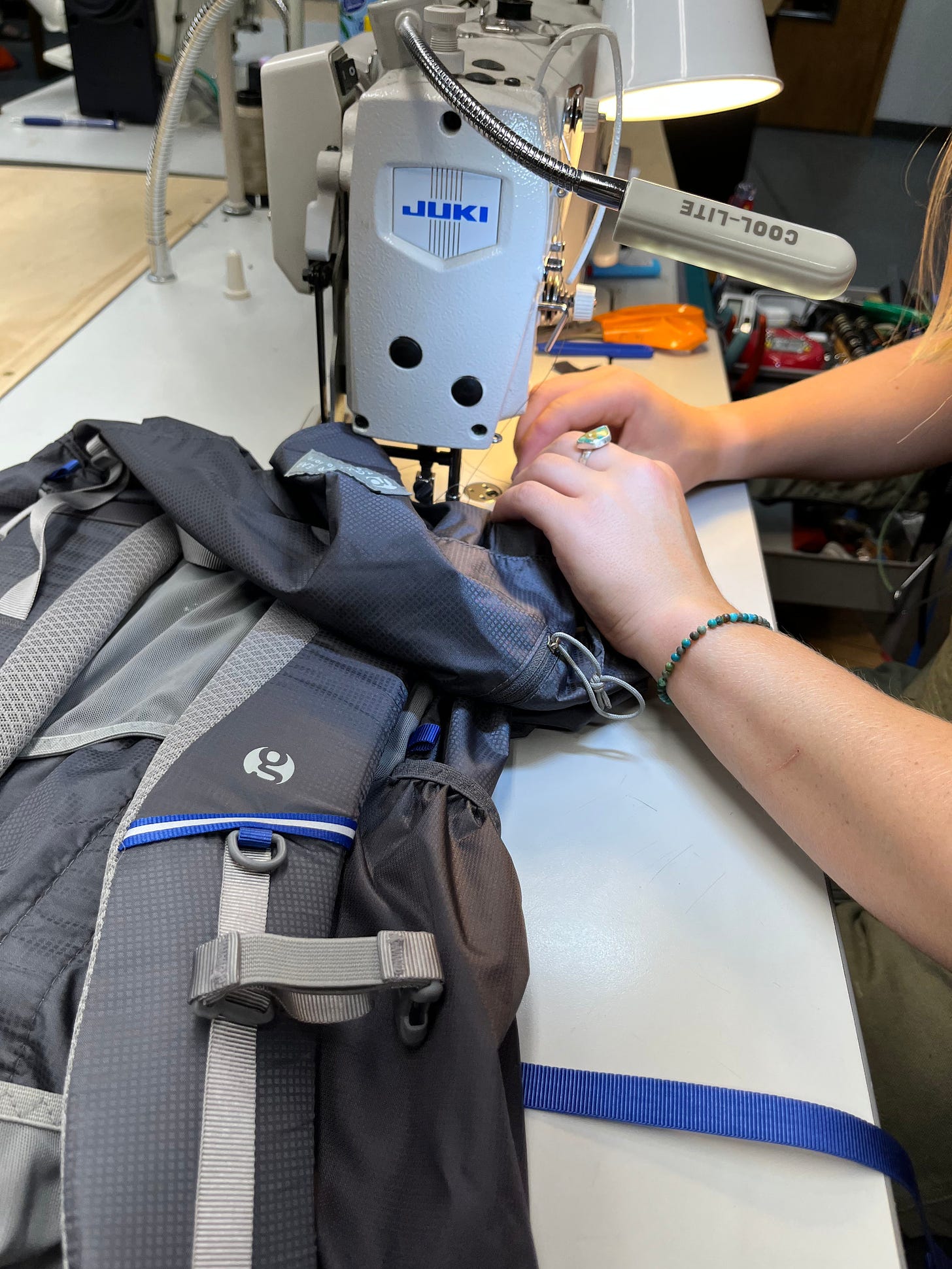Fight to Repair Daily: Friday, September 30, 2022
With agricultural repair stalled in Congress, statehouses continue moving forward. Solar panel e-waste remains remains key issue in deciding the renewable's future.
North Carolina lawmakers hold hearing about right-to-repair issues with farm equipment
Farm equipment dealers, farmers, lawmakers and others testified on Wednesday about various right-to-repair issues during a meeting of the General Assembly's Agriculture and Forestry Awareness Study Commission in Plymouth.
The meeting, which was also streamed online, centered on fair repair requirements for manufacturers of farm equipment that has grown increasingly complex in recent decades, a reality that both helps farmers do more with less but also limits their ability to make repairs. The intent of the meeting and others is to identify issues for lawmakers to address during the next legislative session. (The Center Square)
Wisconsin Attorney General applauds new federal funds increasing agricultural antitrust enforcement
Minnesota Attorney General Keith Ellison today applauded President Biden’s announcement Monday that the U.S. Department of Agriculture is making $15 million available to state attorneys general to increase collaboration with USDA on antitrust enforcement. State attorneys general will be able to submit requests for funding and partner with USDA to secure America’s food systems through more rigorous enforcement of competition laws. President Biden made this announcement yesterday at a meeting of the White House Competition Council.
This news follows a December 21, 2021 letter to USDA Secretary Tom Vilsack from a bipartisan coalition of 16 attorneys general that Attorney General Ellison led that offered recommendations for improve competition in the livestock industry. One of Attorney General Ellison’s recommendations was to allow state attorneys general to seek some of the funds appropriated by Congress for food and agriculture supply-chain resilience toward supporting state antitrust enforcement efforts and increase partnership opportunities between state attorneys general and federal agencies. (Red Lake Nation News)
Giving Your Used Outdoor Gear a New Life
Our mission at Rugged Thread is to convert outdoor industry waste into a new economy. We work with individuals, brands, and retailers to repair technical outdoor clothing and gear, such as tents, backpacks, jackets, sleeping bags, motorcycle gear, skiwear, and all types of zippers. Kim is the founder and CEO of Rugged Thread and she originally started the company out of her garage in 2011. Her passion is to change the stigma of sewing as a career path.
The psychology of repair is interesting at the individual and corporate levels. There are typically three reasons why people choose to repair over replace, which we call the three E’s: economic, environmental, and emotional.
Economically, it just makes sense for most items. Technical gear is expensive, and it is usually cheaper to repair rather than replace. Secondly, repairing gear reduces the environmental burden on the planet. The U.S. throws “away” 16 million tons of textiles every year. That’s hard to visualize, but it is the equivalent of one garbage truck every second. It’s also important to remember that outdoor-specific clothing and gear is primarily derived from petrochemicals that take up to 200 years to break down, and which leach harmful chemicals into our waterways and soils in the meantime. The good news is that extending the life of an item by an extra nine months reduces carbon, water, and waste footprints by around 20 to 30 percent each.
Lastly, people get attached to their favorite items. Gear tells the stories of the adventures they’ve been on, and some gear just can’t be replaced. For example, Joan and Richard came to us with their first tent that they bought together shortly after getting married and, now, 50 years later, they are still using it and choosing to get it repaired. (Gossamer Gear)
As more solar panels enter the US waste stream, producer responsibility standards emerge
As more solar panels are expected to enter the waste stream, experts at a recent Northeast Recycling Council webinar said policy and recycling markets are working hard to catch up.
U.S. demand for solar energy is increasing, with a record 28.8 million kilowatts of solar panels shipped in 2021, according to the U.S. Energy Information Administration’s annual report. Recyclers say more panels in operation will mean more to recycle at their end of life.
Solar panel recycling may not be as established as other U.S. markets, but the process represents an opportunity to reclaim significant amounts of material as more photovoltaic, or PV, panels are expected to enter the waste stream in coming years, said Parikhit Sinha, director of sustainable development for First Solar, a solar panel manufacturer and recycler.
New standards and regulations may come in future years that could also influence how U.S. solar panel recyclers operate. In Europe, solar panel EPR is mandated under the Waste Electrical and Electronic Equipment Directive. PV manufacturers and recyclers have been following those regulations since 2013, which includes requirements for how many panels are collected and the amount of material recycled from the panels, Sinha said. (Utility Dive)




